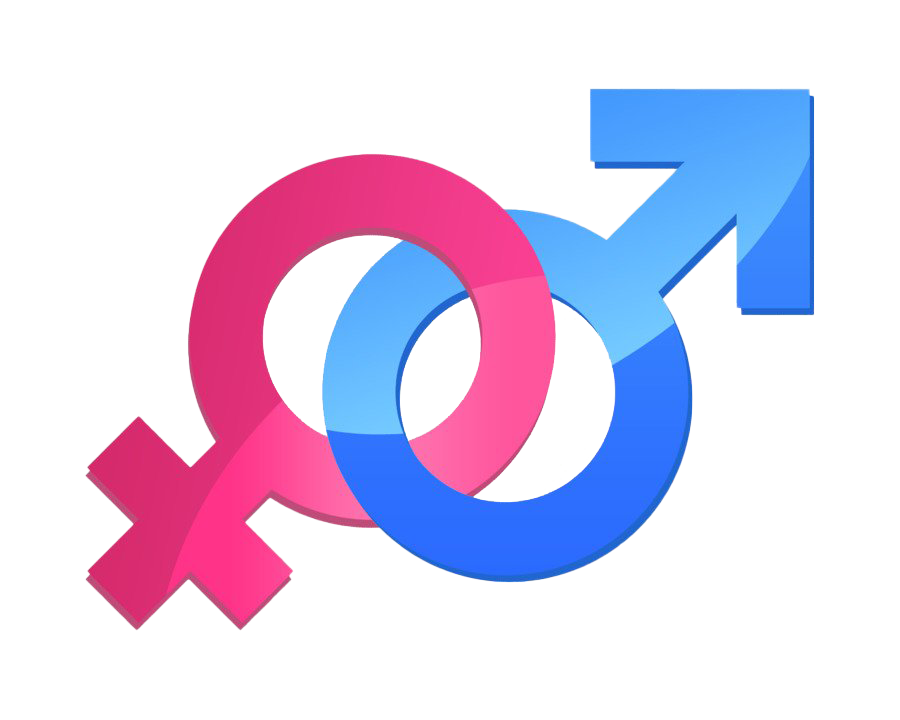Gender equality is with no doubt a fundamental human right and we cannot but fail to acknowledge that significant progress has been made on this issue in recent times. Yet, despite progress being made we cannot also turn a blind eyes to the fact that in many communities around the world women and girls do not fully experience equal rights and their potentials as economic, social and sustainable development change-agents remains untapped.
According to the world Health Organization (WHO) Gender refers to the characteristics of women, men, girls and boys that are socially constructed. This includes norms, behaviors and roles associated with being a woman, man, girl or boy, as well as relationships with each other. As a social construct, gender varies from society to society and can change over time.
Gender equality requires equal enjoyment by women and men of socially-valued goods, opportunities, resources and rewards. Where gender inequality exists, it is generally women who are excluded or disadvantaged in relation to decision-making and access to economic and social resources. Therefore a critical aspect of promoting gender equality is the empowerment of women, with a focus on identifying and redressing power imbalances and giving women more autonomy to manage their own lives. Gender equality does not mean that men and women become the same; only that access to opportunities and life changes is neither dependent on, nor constrained by, their sex. And till date we still have cases of women being under represented in decision making spaces and the political spheres. They receive unequal pay for equal work and they continue to be targets of physical and sexual abuse.
Empowering women and girls helps expand economic growth, promote social development and establish more stable and just societies. Women’s economic empowerment benefits both women and children. It is pivotal to the health and social development of families, communities and nations. Further, the UN’s Sustainable Development Goals (SDGs) underscore women’s empowerment as an important development objective, in and of itself, and highlight the relevance of gender equality to addressing a wide range of global challenges.
Why is gender equality important?
Gender equality is intrinsically linked to sustainable development and is vital to the realization of human rights for all. The overall objective of gender equality is a society in which women and men enjoy the same opportunities, rights and obligations in all spheres of life. Equality between men and women exists when both sexes are able to share equally in the distribution of power and influence; have equal opportunities for financial independence through work or through setting up businesses; enjoy equal access to education and the opportunity to develop personal ambitions, interests and talents; share responsibility for the home and children and are completely free from coercion, intimidation and gender-based violence both at work and at home.
Within the context of population and development programmes, gender equality is critical because it will enable women and men to make decisions that impact more positively on their own sexual and reproductive health as well as that of their spouses and families. Decision-making with regard to such issues as age at marriage, timing of births, use of contraception, and recourse to harmful practices (such as female genital cutting) stands to be improved with the achievement of gender equality.
Should gender Equality be a concern for men?
The achievement of gender equality implies changes for both men and women. More equitable relationships will need to be based on a redefinition of the rights and responsibilities of women and men in all spheres of life, including the family, the workplace and the society at large. It is therefore crucial not to overlook gender as an aspect of men’s social identity. This fact is, indeed, often overlooked, because the tendency is to consider male characteristics and attributes as the norm, and those of women as a variation of the norm.
But the lives of men are just as strongly influenced by gender as those of women. Societal norms and conceptions of masculinity and expectations of men as leaders, husbands or sons create demands on men and shape their behaviour. Men are too often expected to concentrate on the material needs of their families, rather than on the nurturing and caring roles assigned to women. Socialization in the family and later in schools promotes risk-taking behaviour among young men, and this is often reinforced through peer pressure and media stereotypes. So the lifestyles that men’s roles demand often result in their being more exposed to greater risks of morbidity and mortality than women. These risks include ones relating to accidents, violence and alcohol consumption.
Men also have the right to assume a more nurturing role, and opportunities for them to do so should be promoted. Equally, however, men have responsibilities in regard to child health and to their own and their partners’ sexual and reproductive health. Addressing these rights and responsibilities entails recognizing men’s specific health problems, as well as their needs and the conditions that shape them. The adoption of a gender perspective is an important first step; it reveals that there are disadvantages and costs to men accruing from patterns of gender difference. It also underscores that gender equality is concerned not only with the roles, responsibilities and needs of women and men, but also with the interrelationships between them.
Cc:https://www.unfpa.org/resources/frequently-asked-questions-about-gender-equality
https://www.unglobalcompact.org/what-is-gc/our-work/social/gender-equality
